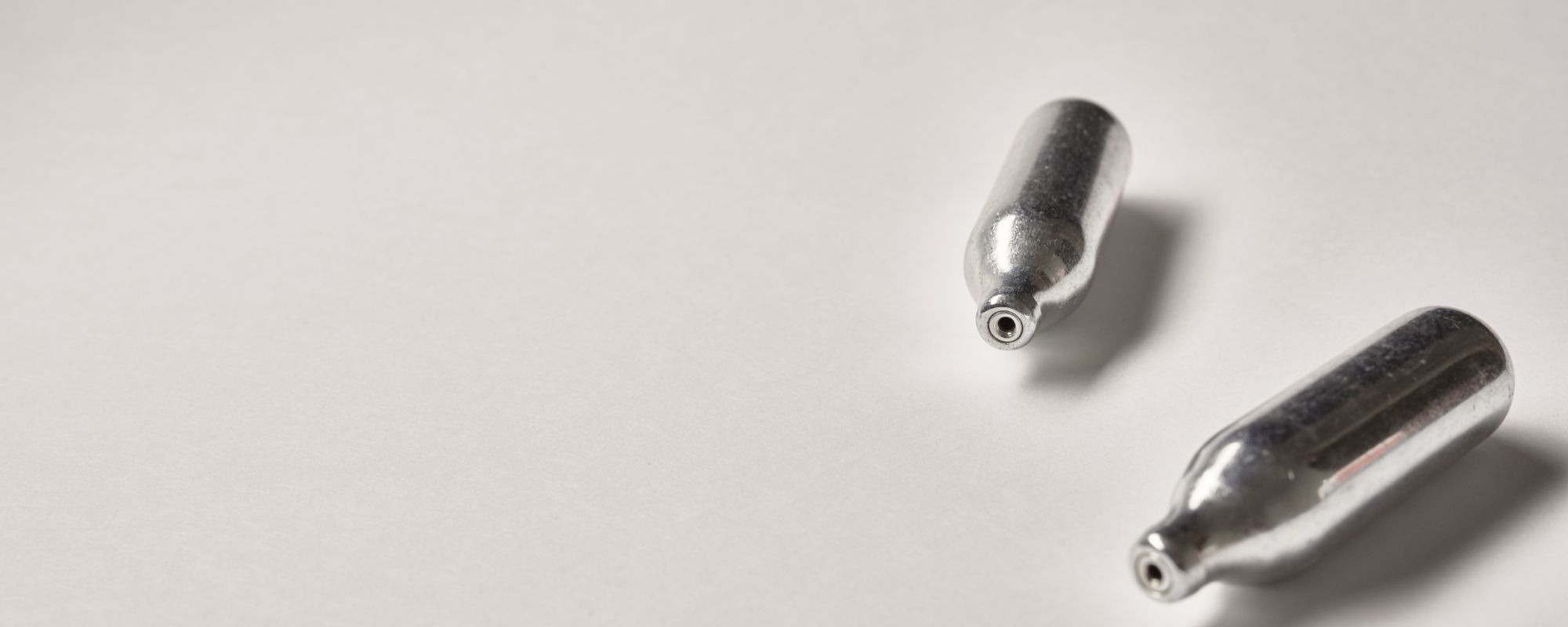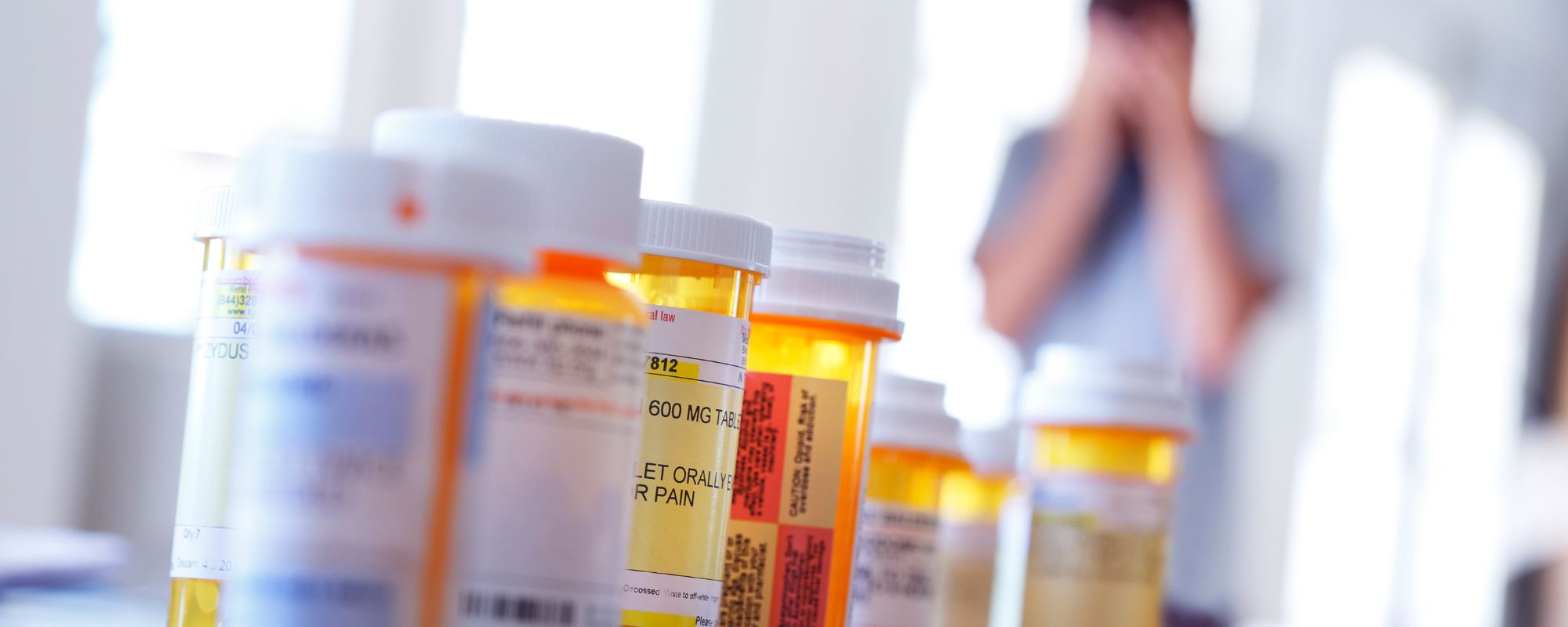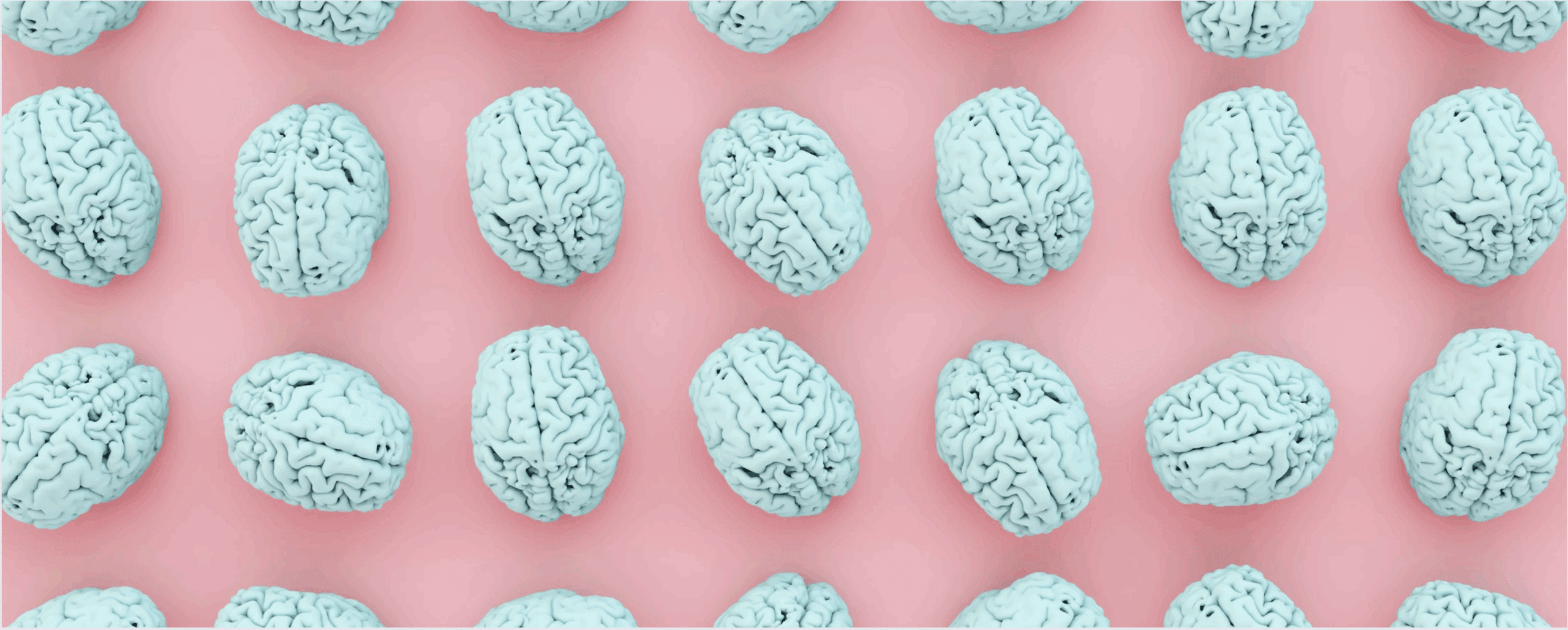Rehabilitation in a treatment facility is an essential step in recovery from substance abuse. Although you may think rehab is only for certain people, or you aren’t that trapped in your addiction, rehab is life-changing for everyone struggling with substances. Recovery centers provide individuals with help getting sober, no matter how deep their drug use runs. One of the most valuable goals of substance rehab is to teach people they are stronger than their addiction. Inpatient drug rehab equips individuals with the tools they need to overcome their addiction and make sobriety a lasting reality. For example, it teaches self-confidence, sobriety motivation, trigger management, goal setting, and relapse prevention. If you’re on the fence about inpatient rehab, let us break down what it is and how it helps.
What Is Inpatient Drug Rehab?
Residential drug rehab is a program where individuals live in a facility in order to receive around-the-clock care and engage in healing therapy sessions. Also, individuals move through levels of care as they’re ready to gain more independence in their sobriety journey. Rehab treatment centers like Aliya Health Group’s facilities around the United States offer inpatient care for anyone struggling with drug abuse or addiction. Markedly, inpatient drug rehab helps because it immerses individuals in a supportive and empathetic environment where they can heal. By engaging with their peers and the team of doctors, therapists, and case managers, the individual gains every tool they need to change their life.
What Drug Addictions Does Inpatient Rehab Treat?
Don’t let yourself dismiss inpatient rehab as not for you. Rehab centers exist to help people with all types of substance addiction. If you or a loved one struggles with any of these issues, you can follow a custom treatment plan to help you recover in inpatient drug rehab.
- Opioid addiction
- Heroin addiction
- Cocaine addiction
- Fentanyl addiction
- Marijuana addiction
- Methamphetamine addiction
- Prescription stimulant addiction
- Steroid addiction
- Nicotine addiction
- Alcohol addiction
Inpatient rehab also treats other addictions and illnesses, like:
- Behavioral disorders
- Personality disorders
- Anxiety disorders
- Depressive disorders
- Eating disorders
- Co-occurring disorders
What Kind of Treatments Are Offered in Rehab?
We offer a mixture of both evidence-based traditional therapy and holistic treatment options so every person receives total body care. For example, traditional psychotherapies like behavioral therapy are proven to help a variety of disorders, including substance use disorder (SUD). Yet, experiential therapies like sound therapy or tai chi target physical, mental, and spiritual wellness for holistic recovery. Thus, they are equally as valuable.
Some of the treatments we offer in rehab include:
- Individual therapy
- Group therapy
- Cognitive behavioral therapy (CBT)
- Dialectical behavior therapy (DBT)
- Acceptance and commitment therapy (ACT)
- Eye movement desensitization and reprocessing therapy (EMDR)
- Holistic and trauma-focused therapy
- Experiential therapies
- Family therapy
- Dual diagnosis treatment
- Motivational interviewing
- Life skills training
- Nutrition counseling
Get confidential help from our addiction and mental health treatment facilities located across the United States. Call to join one of our quality programs today!
Speak With Our Admissions TeamChoosing the Right Inpatient Drug Rehab
When you know it’s time to seek help at a rehab center; it can feel tricky to narrow down your options. You want to find the right facility that will meet all your needs and walk you through recovery toward healing. Here are a few valuable assets to look for when considering a treatment center:
- Knowledgeable and licensed medical team: The people who run a center create the heart of the client experience. They will make you feel comfortable and safe due to their training and expertise. Also, if they’re empathetic and supportive, they’ll help you feel grounded during treatment. At Aliya Health Group, each of our facilities is staffed with expert doctors, nurses, therapists, counselors, and case managers. Many of our team have battled addiction themselves, so they approach care with a personal understanding of the struggles of recovery.
- Flexible treatment options: There’s no one-size-fits-all healing method when it comes to addiction and mental illness because individuals are unique with different stories. As such, it’s important that your recovery center provides flexible care. We structure our treatment programming around individuals with our person-centric approach. Whether you have obligations at home, financial difficulties, or co-occurring illnesses, we will work with you to offer rehab that meets your needs.
- A holistic healing approach: One of the most valuable elements is an understanding of the importance of holistic wellness. Substance addiction and mental illness damage a person’s whole self. In order for them to achieve true recovery, they need to be nourished mentally, physically, and spiritually. Aliya’s core focus is on total body healing through a blend of traditional and experiential treatments.
Looking for quality treatment for substance abuse and mental health that’s also affordable? Aliya Health Group's treatment facilities accept most major insurance providers. Get a free insurance benefits check now!
Check Your CoverageProfessional Addiction Treatment Programs
It’s essential that you receive comprehensive care for your addiction in order to break the cycle for good. We pride ourselves on offering extensive treatment for all people, regardless of their background, struggles, financial situation, and home responsibilities. We believe everyone deserves quality care that leads to healing and eventual lifetime sobriety. Our flexible programming gives everyone an opportunity to make treatment work around their needs.
We offer different levels of care that clients can move between as they become more equipped to make sobriety a lasting commitment. At the inpatient rehab level, the stages are as follows:
- Medical detox: Clients with substances in their bodies begin rehab with medical detoxification. They are monitored 24/7 to ensure they’re safe and comfortable and manage their withdrawal symptoms. The process generally lasts between four and eight days.
- Inpatient treatment: After detox, clients move into inpatient care, where they live in a center and attend therapy and counseling sessions. Notably, they engage in a mixture of individual and group sessions, as well as traditional and holistic therapy options. During this time, they learn about the roots of their addiction and are taught trigger management and coping methods for cravings.
- Partial hospitalization (PHP): Clients can either move into partial hospitalization after completing inpatient treatment or enter it straight after detox. It is a flexible stage where individuals attend sessions in-center during the day and return home at night.
- Intensive outpatient (IOP): IOP is another flexible treatment level with reduced hours in session per week. This stage is ideal for those with obligations at home. It’s also for people who have completed inpatient and PHP treatment and are ready for more independence in rehab.
- Aftercare: Sobriety helps extend past inpatient treatment into aftercare. Through Aliya, you have a support system for life, and we offer continuing care options to help you stay grounded.
No matter your situation, we have an inpatient drug rehab program that’s right for you. Please contact us with your questions so we can help you escape from the cycle of substance addiction! Our intake team is available 24/7 to take your call.














